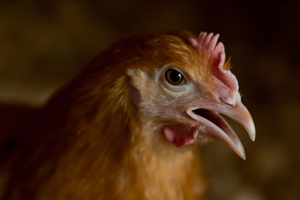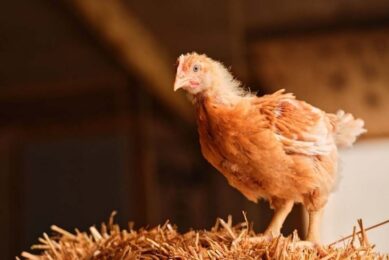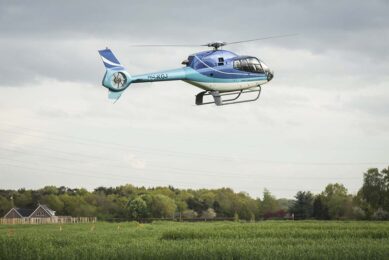Nestlé bans layer cage use in its supply chain

Nestlé has announced a major pledge to improve the welfare of the farm animals in its supply chain, following the signature of a partnership agreement with NGO World Animal Protection.
The agreement means that the hundreds of thousands of farms that supply Nestlé with its dairy, meat, poultry and eggs will have to comply with tighter animal welfare standards. Nestlé, with its global purchasing footprint, also becomes the first major food company to form an international partnership with an animal welfare NGO.
The new program will eliminate standard practices from Nestle’s supply chain that are controversial, including:
- Confinement of sows in gestation crates
- Confinement of calves in veal crates
- Confinement of layers in cages
- Forced rapid growth of chickens used for meat products
- Cutting of horns, tails and genitals of farm animals without painkillers
Nestlé has some 7,300 suppliers from whom it buys animal-derived products directly – everything from milk for its range of yoghurts and ice-creams, to meat for its chilled foods and eggs for its fresh pastry and pasta.
Each of these suppliers, in turn, buys from others, meaning that Nestlé’s Responsible Sourcing Guidelines apply to literally hundreds of thousands of farms around the world.
“We know that our consumers care about the welfare of farm animals and we, as a company, are committed to ensuring the highest possible levels of farm animal welfare across our global supply chain,” said Benjamin Ware, the company’s Manager of Responsible Sourcing.
World Animal Protection has been working with Nestlé on how to specifically tighten and improve the Nestlé Responsible Sourcing Guideline (pdf, 2 Mb), which all suppliers must adhere to as part of the Nestlé Supplier Code (pdf, 2 Mb). Both of these build upon the Nestlé Commitment on Farm Animal Welfare (pdf, 2 Mb).
Nestlé has commissioned an independent auditor, SGS, to carry out checks to ensure the new standards of animal welfare are met on its supplying farms. In 2014, several hundred farm assessments have already been carried out worldwide. Some of these checks are also attended, unannounced, by World Animal Protection representatives whose role is to verify the auditors.
When a violation is identified, Nestlé will work with the supplier to improve the treatment of farm animals to ensure they meet the required standards. If, despite engagement and guidance from Nestlé, the company is unable or unwilling to show improvement, it will no longer supply Nestlé.
Nestlé’s multiple commitments, include, for example, a pledge that by the end of next year, 40% of the company’s key commodities – including meat, poultry, eggs and dairy will be fully traceable.
Join 31,000+ subscribers
Subscribe to our newsletter to stay updated about all the need-to-know content in the poultry sector, three times a week. Beheer
Beheer








 WP Admin
WP Admin  Bewerk bericht
Bewerk bericht